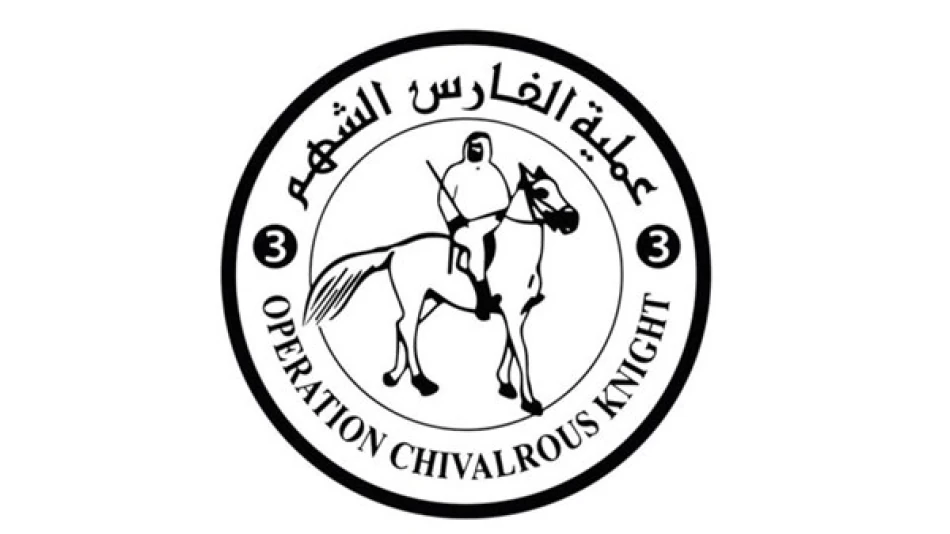
UAE Carries Out 64th Airdrop of Aid in 'Operation Goodwill Birds', Delivers 45 Food Trucks to Gaza
UAE Scales Up Gaza Relief Operations with 64th Airdrop as Land Routes Remain Compromised
The United Arab Emirates has delivered its 64th humanitarian airdrop to Gaza as part of an expanding international relief coalition, bringing total aerial aid deliveries to over 3,851 tons while simultaneously coordinating ground convoys through increasingly restricted access points. The operation underscores how traditional aid distribution networks have been fundamentally disrupted, forcing donor nations to rely on costlier but more reliable air-based logistics.
Multi-National Air Bridge Emerges as Primary Delivery Method
The latest airdrop, conducted under the UAE's "Good Birds" initiative within the broader "Noble Knight 3" operation, involved coordination with Jordan, France, Germany, and Belgium. This multi-national approach reflects a strategic shift in humanitarian logistics, where donor countries are pooling resources to overcome ground-level access challenges that have made traditional truck convoys unreliable.
The 45 additional aid trucks that entered Gaza alongside the airdrop represent a dual-track strategy—maximizing ground deliveries when possible while maintaining aerial operations as a guaranteed backup. This hybrid model could become the template for future crisis responses in conflict zones where infrastructure remains contested.
Economic and Diplomatic Implications of Sustained Air Operations
Airdrops cost significantly more per ton than ground transport, with estimates ranging from $3,000-$7,000 per ton compared to $300-$500 for truck deliveries. The UAE's commitment to 64 consecutive aerial operations signals both substantial financial resources and a diplomatic calculation that sustained visibility in humanitarian efforts serves broader regional influence objectives.
Regional Leadership Through Crisis Response
The UAE's approach mirrors its broader strategy of positioning itself as a regional humanitarian hub, similar to how it leveraged COVID-19 vaccine diplomacy in 2021-2022. By coordinating with European partners rather than relying solely on regional allies, the Emirates is demonstrating its capacity to bridge Western and Middle Eastern response efforts—a valuable diplomatic asset.
Operational Challenges Signal Long-Term Logistics Shift
The emphasis on reaching "areas difficult to access by land due to current field conditions" indicates that traditional aid distribution infrastructure may remain compromised for months. This reality is pushing humanitarian organizations to recalibrate their operational models, with air-based delivery systems likely to feature more prominently in future emergency response planning.
The UAE's integration of sea, land, and air delivery methods represents a comprehensive logistics approach that other donor nations are likely studying for their own crisis response capabilities. As regional conflicts increasingly target civilian infrastructure, the ability to maintain multiple delivery channels simultaneously becomes a critical diplomatic and humanitarian tool.
Most Viewed News

 Layla Al Mansoori
Layla Al Mansoori






